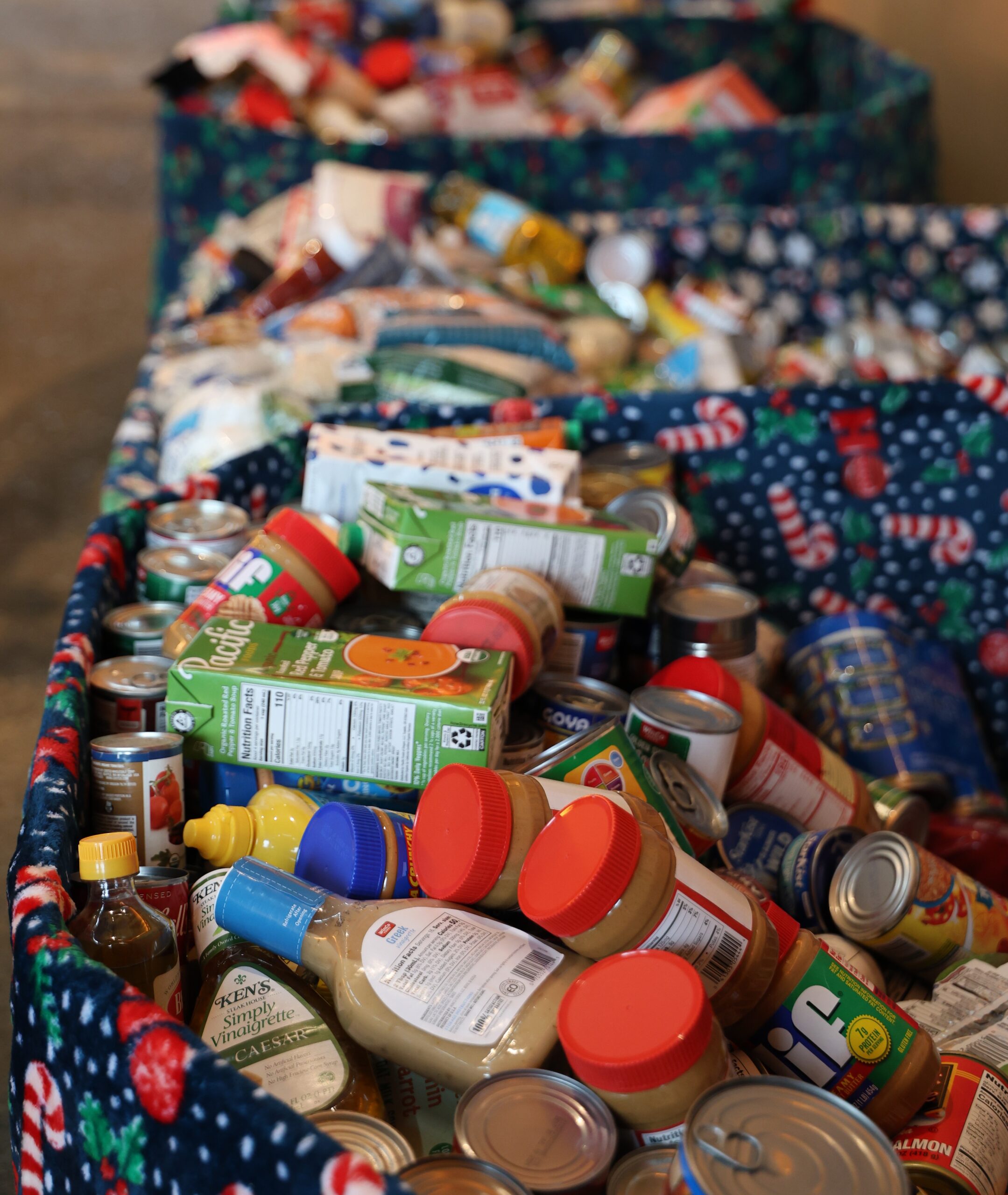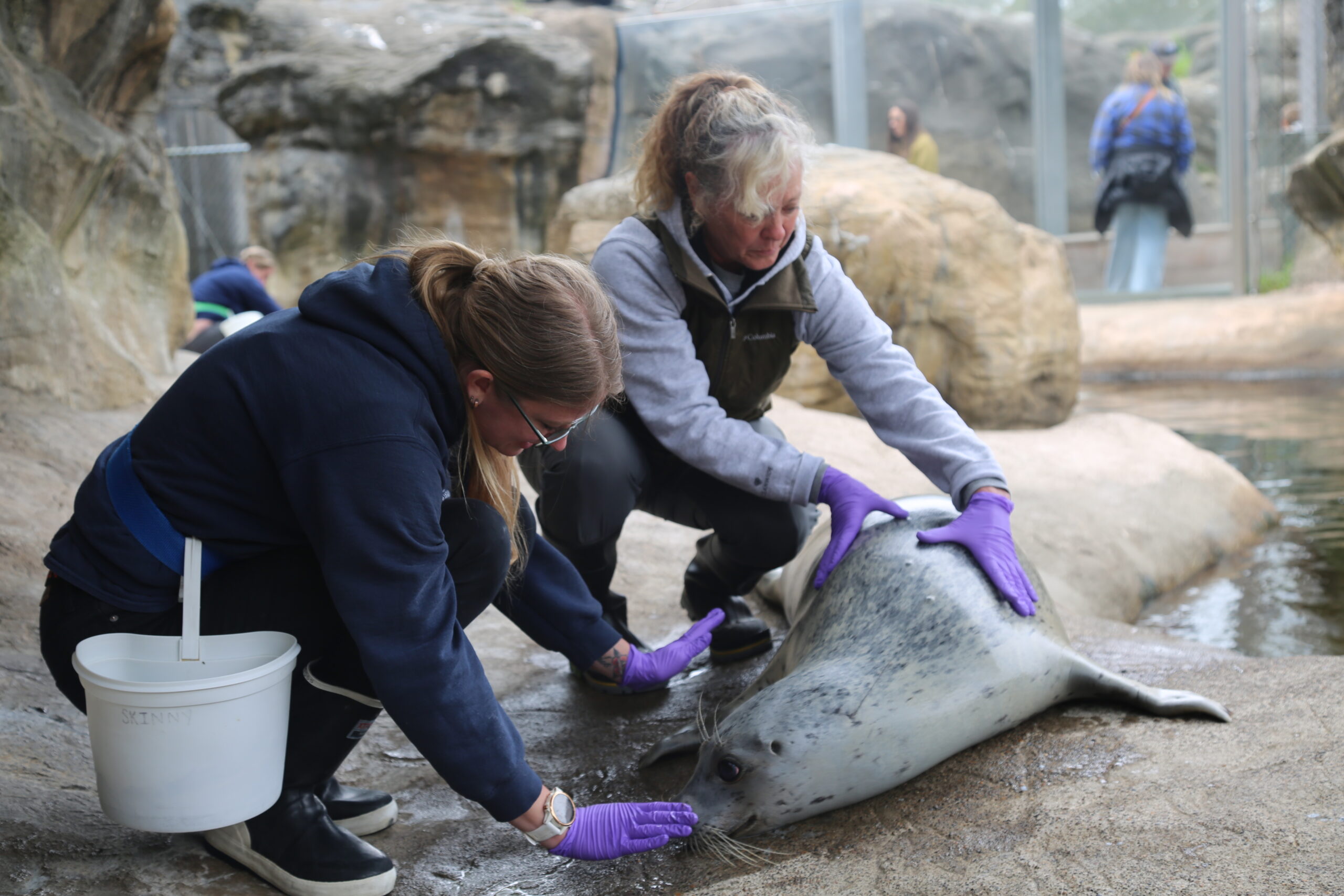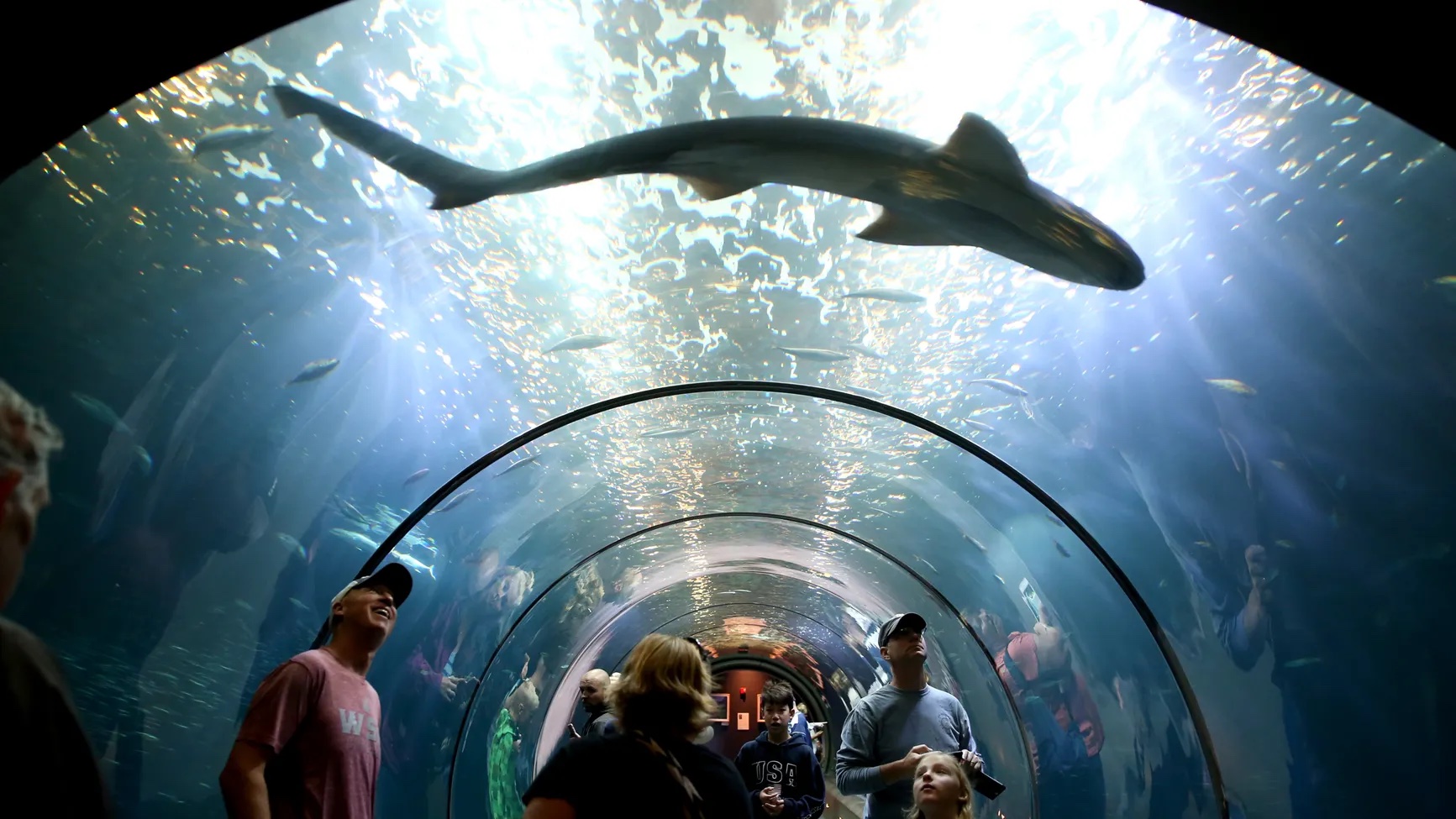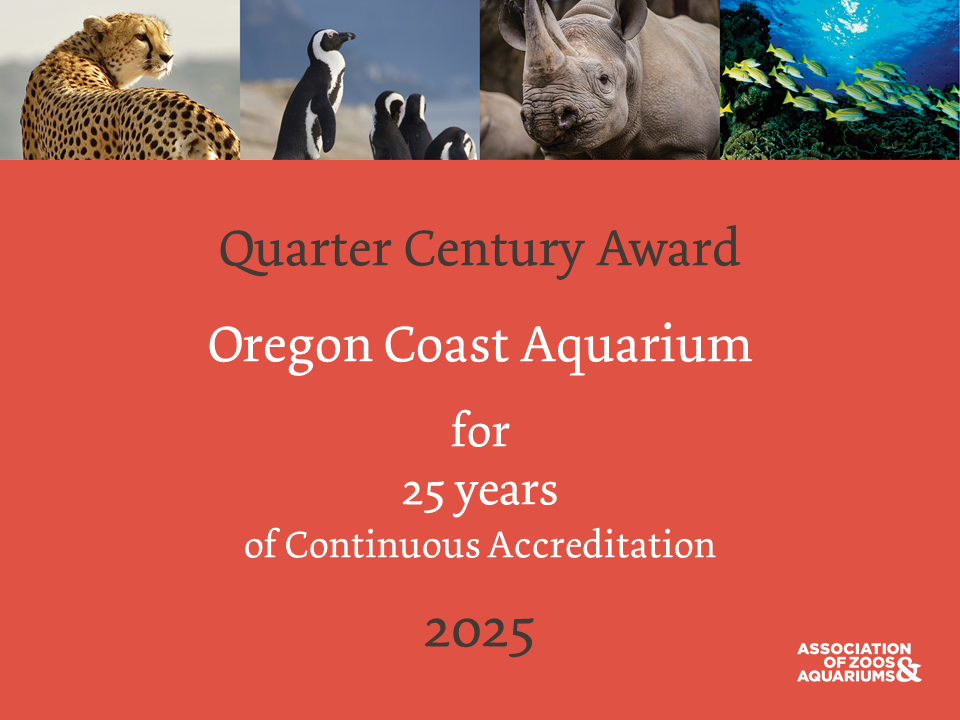Newport, Oregon — A wounded California sea lion was humanely euthanized at Newport’s Port Dock One, following quality of life discussions between the Oregon Department of Fish and Wildlife (ODFW), Oregon State University’s Marine Mammal Institute, and the Oregon Coast Aquarium (OCAq).
In accordance with ODFW policy, there are no rescue or rehabilitation options for sick or injured harbor seals and sea lions in Oregon. While the state policy is to minimize disturbance from people and let nature take its course, there are exceptions, such as when an animal is entangled in debris, harmed by human interference, or, as in this case, recovery isn’t feasible.
Oregon marine mammal strandings and concerns are monitored by and responded to via the Oregon Marine Mammal Stranding Network (OMMSN), which operates under the Marine Mammal Institute. The network is supported by volunteers under the lead of Network Coordinator Jim Rice, who first received reports about the wounded sea lion on March 21.
The injury—a suspected shark bite—spanned the left hindquarter of the animal, prompting public concern as he remained hauled out on the docks.
The decision to euthanize an animal is not made lightly, and follows extensive observation, discussion, permitting, and planning. Rice monitored the injured sea lion, documenting changes in appearance and behavior. While sea lions have been known to survive severe injuries, the health of this individual declined, prompting Rice to consult ODFW and OCAq to determine next steps. The National Oceanic and Atmospheric Administration authorized the remote sedation and euthanasia of this animal under the Marine Mammal Heath and Stranding Response Program permit #24359.
The sea lion was euthanized after being sedated via pressurized dart while OCAq staff remained nearby aboard the research vessel Gracie Lynn, prepared to recover the body. The sea lion, identified as a young adult male, was transported to Oregon State University for a necropsy.
While state policy does not permit the rescue and rehabilitation of harbor seals and sea lions, Rice still encourages people to report every stranding.
“We maintain a stranding database and record about 700 stranding events each year,” Rice said. “We document each one, and the information gives us important data points that inform us about the health issues affecting marine mammals.”
If you come across a stranded or injured marine mammal, immediately contact the West Coast Region Stranding Hotline at 1-866-767-6114.








